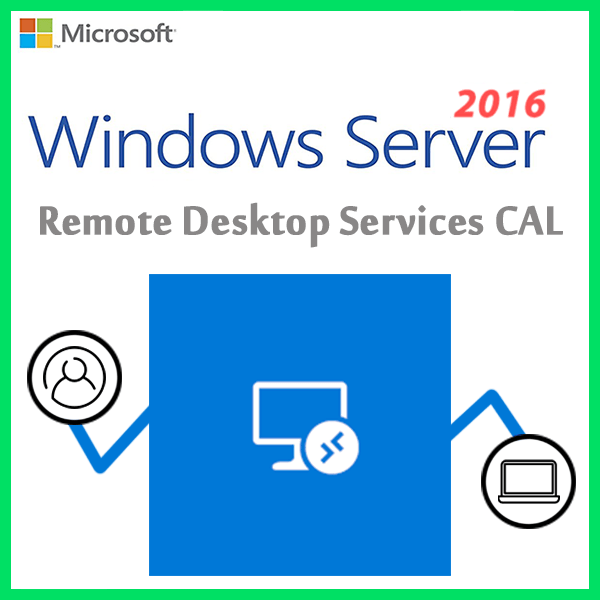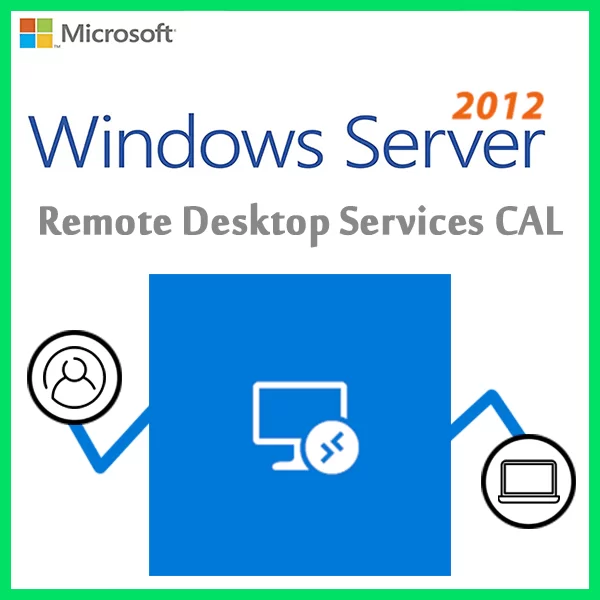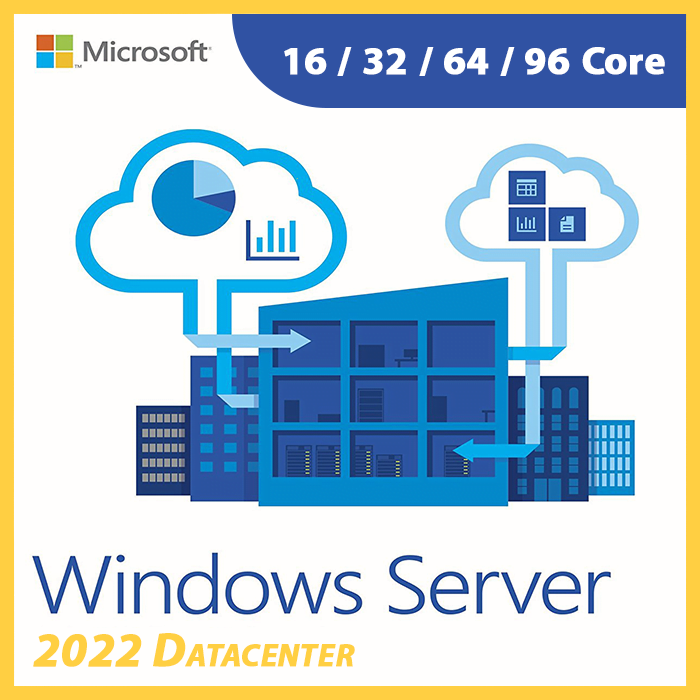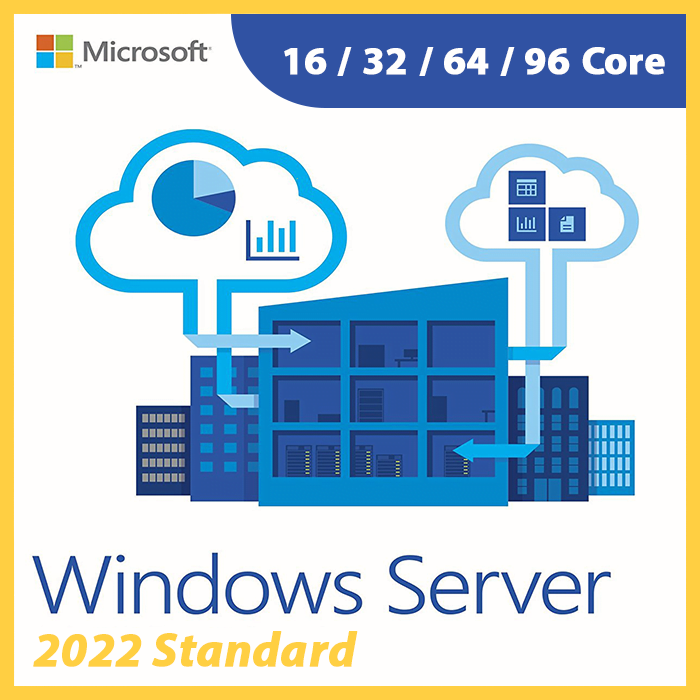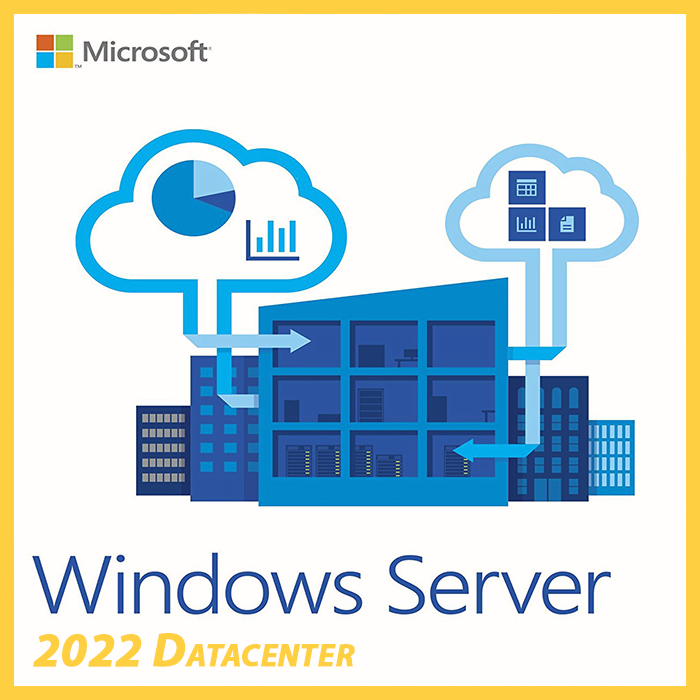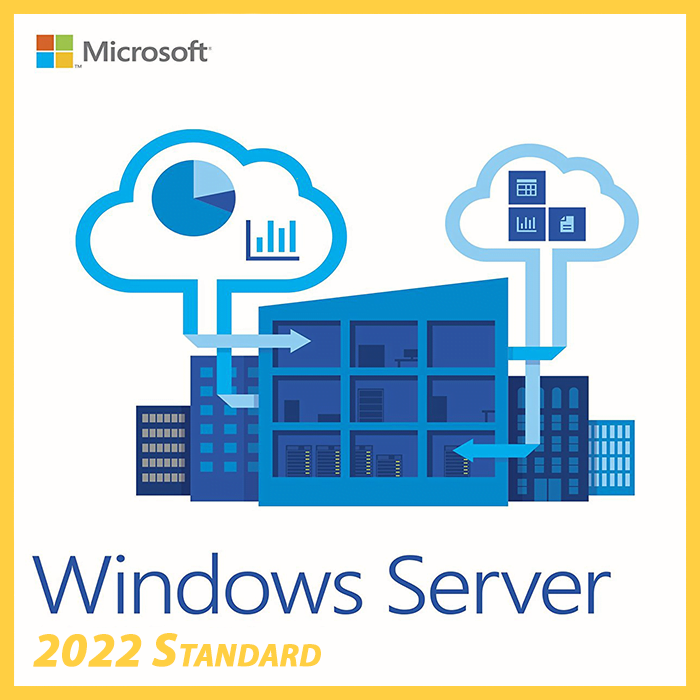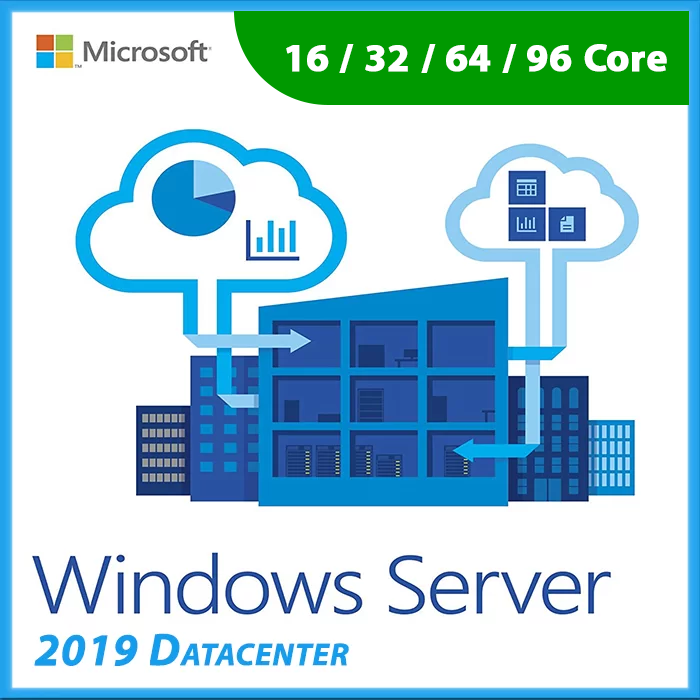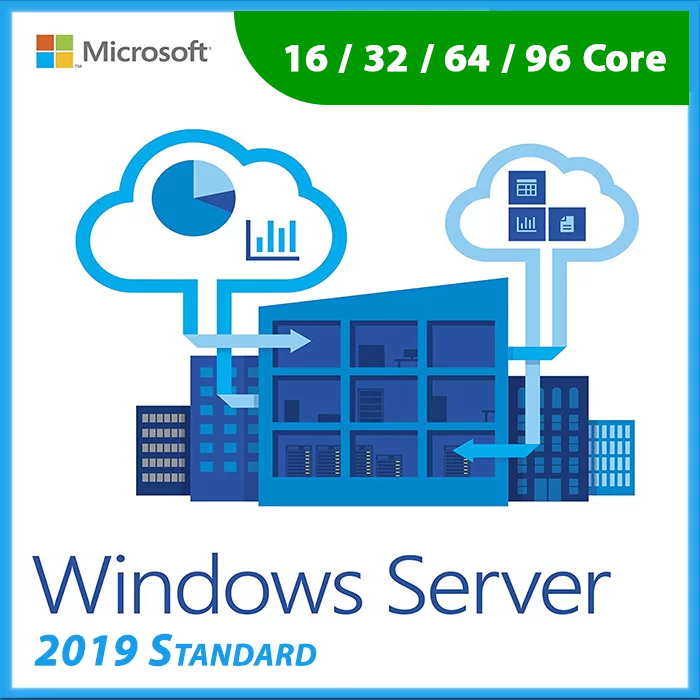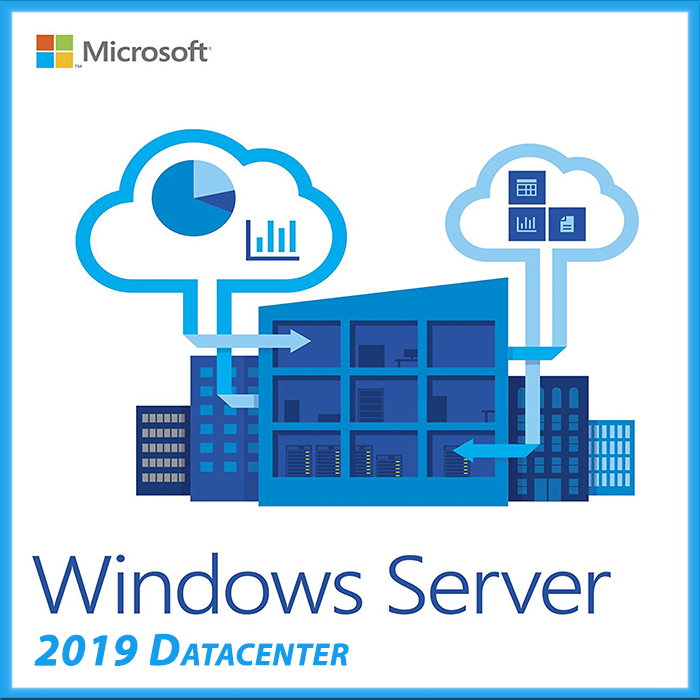Home » DHCP and DNS Services: Essentials for Network Functionality
DHCP and DNS Services: Essentials for Network Functionality
Dynamic Host Configuration Protocol (DHCP) and Domain Name System (DNS) are foundational services in networking, facilitating efficient communication and resource accessibility within networks. Let’s delve into their critical roles and functionalities.
DHCP: Dynamic Host Configuration Protocol
IP Address Management
DHCP dynamically assigns IP addresses to devices within a network, streamlining network configuration and management.
Address Lease
DHCP leases IP addresses for a specified duration, allowing efficient resource utilization and IP reuse.
DNS: Domain Name System
Domain Name Resolution
DNS translates domain names into IP addresses, enabling users to access resources using human-readable names.
Hierarchical Structure
DNS operates with a hierarchical structure, facilitating domain organization and management.
DHCP Server Components
Scope
Defines a range of IP addresses available for assignment within a network segment.
Lease Duration and Options
Specifies the duration of IP address leases and additional configuration options for client devices.
DNS Server Components
DNS Zones
Organize domains and their associated resource records for efficient name resolution.
Resource Records
Store information mapping domain names to IP addresses (A records) or providing other details like mail server locations (MX records).
Benefits and Importance
Automated Network Configuration
DHCP automates IP address assignment, reducing manual configuration efforts and minimizing errors.
Efficient Resource Accessibility
DNS enables users to access resources using memorable domain names, enhancing user experience.
Integration and Network Functionality
DHCP-DNS Integration
Integrating DHCP with DNS ensures efficient name-to-IP address mapping and network functionality.
DHCP and DNS services are integral components of network infrastructure, providing essential functionalities for IP address management and domain name resolution. Their seamless operation ensures efficient communication, resource accessibility, and streamlined network management within organizations.
Recent posts
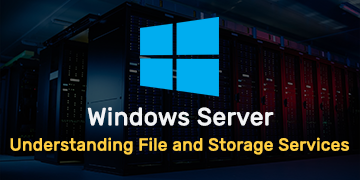
Understanding File and Storage Services in Windows Server
Explore Windows Server’s File & Storage Services for efficient data management, storage, and sharing within networks.
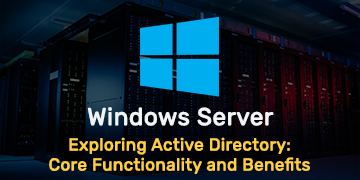
Exploring Active Directory: Core Functionality and Benefits
Discover the fundamentals and advantages of Active Directory for efficient user management and network administration.
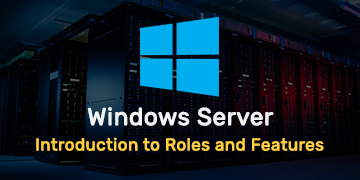
Introduction to Windows Server Roles and Features
Explore the fundamentals of Windows Server roles and features to optimize server functionality and performance.


